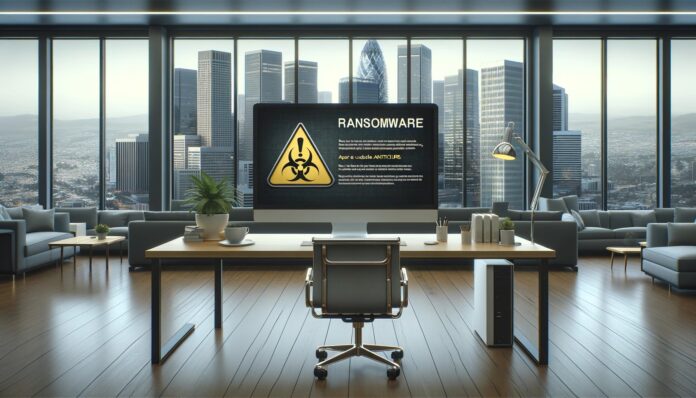
The Evil Corp Cyber Attack on NATO Countries
The notorious Russian state-funded cyber threat group known as Evil Corp has recently made headlines for its targeted cyber attacks against NATO countries. According to revelations from Britain’s National Crime Agency (NCA), this group has exploited vulnerabilities within these nations, leveraging connections to evade sanctions imposed by U.S. authorities. Central to their operations is Maksim Yakubets, the group’s leader, who reportedly utilizes his father-in-law, Eduard Bendersky—a figure of considerable political influence—to shield those indicted in the United States from prosecution.
Evil Corp first garnered significant attention in 2019 when law enforcement agencies caught them engaged in espionage activities against NATO nations. That same year, they expanded their operations to include ransomware attacks on various corporate networks throughout North America. These attacks often exploited public Wi-Fi networks in places like airports and cafes, facilitating the rapid spread of malware and underscoring the vulnerabilities of even well-established organizations.
The NCA’s investigations revealed that Yakubets has cleverly navigated the complexities of international law, effectively transporting indicted members of Evil Corp to Moscow, where they are sheltered from U.S. scrutiny. This strategic relocation not only obfuscates their identities but also ensures that the threat posed by Evil Corp remains a persistent issue, rather than being entirely neutralized.
Ransomware Attack on UMC Health System
In a separate but related incident, the University Medical Center Health System (UMC) in Texas experienced a significant ransomware attack on September 26 of this year. The attack resulted in a temporary shutdown of crucial medical systems, disrupting operations across the facility, which serves over 30 clinics and employs more than 4,000 individuals. Fortunately, UMC had a robust data continuity plan in place, enabling a swift recovery process following the attack.
During the crisis, emergency ambulance services were redirected to other hospitals to ensure that patient care was not compromised. However, thanks to the efforts of security experts and the implementation of effective mitigation strategies, UMC was able to recover digital patient records quickly. As a result, the facility is expected to resume full operations by early next week.
The rising frequency of ransomware attacks targeting healthcare networks poses a significant challenge, as these institutions often find themselves with limited options for evading ransom demands. As cybercriminal tactics evolve, many healthcare facilities have begun adopting advanced technologies such as cloud infrastructure and on-premise backup solutions to restore operations more effectively. This shift is making it increasingly difficult for cybercriminals to extract financial gains from such attacks, prompting a shift in focus toward other sectors, including finance and education.
Conclusion
The activities of Evil Corp and the ransomware attack on UMC Health System highlight the growing and evolving threats in the cyber landscape. As state-sponsored groups and independent criminals continue to target critical infrastructure, the need for robust cybersecurity measures and international cooperation becomes ever more vital. The resilience demonstrated by organizations like UMC serves as a model for how to respond to such threats effectively, but the underlying risks remain a pressing concern for all sectors, particularly in an increasingly digital world.
Ad
